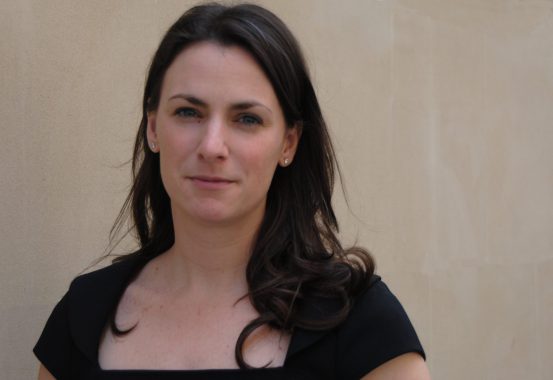The GMC needs to rethink its anonymous complaints policy

Doctors are right to be concerned about the statistics showing the number of anonymous complaints that result in the launch of GMC disciplinary investigations. It is not the investigation of anonymous complaints per se that is contentious from my point of view (as the GMC points out, a complaint should not automatically be dismissed because the identity of the complainant is unknown). My problem is more that such complaints are not presently dealt with in a wholly different way to complaints made by an identifiable complainant.
Given that few anonymous complaints result in substantive findings against doctors, due in part to the higher likelihood that the complaint will be considered to be baseless or malicious, it beggars belief that there does not exist a triaging process for the early resolution of anonymous complaints so that doctors are not left under the shadow of an investigation for longer than is absolutely necessary. As is widely known and reported here and elsewhere, investigations into the fitness to practise of doctors may last many months and can have a very serious impact on their health and well-being.
Whilst the GMC has stated that is not planning any changes to its investigation processes for these complaints, the statistics show that a review in this area is necessary. Given that 3% of all complaints are now anonymous, that translates as approximately 35 complaints a month in hard number terms – to my mind that is quite a lot, especially given that the GMC admits that this source of complaints is growing. Currently just over a fifth of anonymous complaints lead to a fitness to practise investigation.
As a minimum, complaints made by individuals not willing to share their identity with the regulator should be processed swiftly and closed down early where there is no corroborating or independent evidence of a fitness to practise concern. There are good legal arguments that can be made to prevent cases being brought to a hearing on the basis on uncorroborated anonymous witness evidence alone; all the more reason to dispose of such cases expeditiously. Further radical reform may arguably be necessary to ensure that investigations are not allowed to drift on without consequence to the GMC: consideration might be given to strict time limits for the investigation of anonymous complaints (a similar limitation has been debated for the length of time that criminal suspects can remain on police bail).
Doctors need to be reassured that the GMC is doing all it can to balance public protection whilst at the same time, protecting doctors from spurious, specious or unfounded complaints. Without such reassurance, doctors may well ask whose side the GMC is on.











